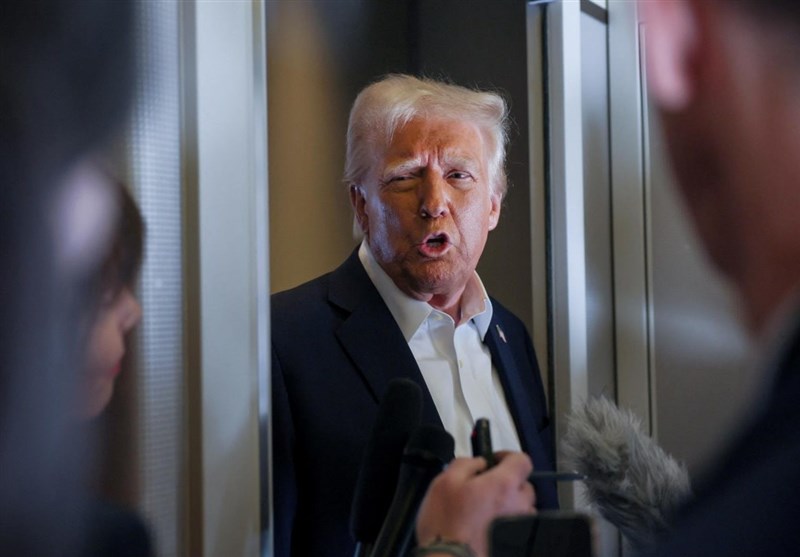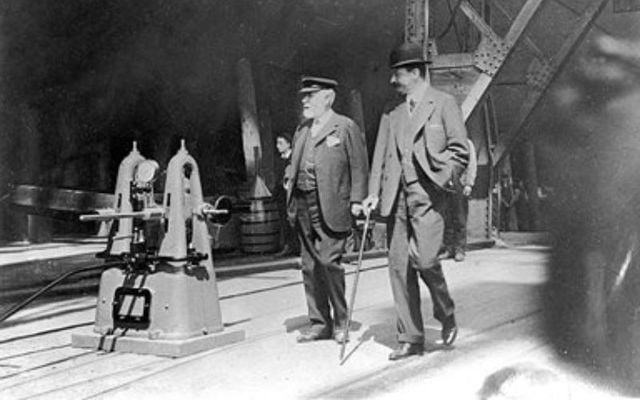Two months after the Supreme Court approved the appointment of ad-hoc judges to tackle the increasing backlog of cases, the government disclosed on Thursday that it has not yet received any proposals from high courts regarding these appointments. Union Law Minister Arjun Ram Meghwal stated in a written reply that Article 224A of the Constitution permits the appointment of retired judges for high court sittings. The Supreme Court's order from April 2021 had outlined the guidelines for these appointments, with further modifications made on January 30 of this year.
Each high court has been directed to potentially appoint ad-hoc judges ranging from 2 to 5, not exceeding 10% of the court's sanctioned strength. Currently, according to the latest order from the apex court, ad-hoc judges will serve in a bench led by a sitting high court judge, primarily focusing on deciding pending criminal appeals. Despite this structure, Meghwal noted the absence of proposals from high courts to move forward with these appointments.

(With inputs from agencies.).
High Courts Yet to Propose Ad-Hoc Judge Appointments, Says Government

High Courts Yet to Propose Ad-Hoc Judge Appointments, Says Government Two months after the Supreme Court approved the appointment of ad-hoc judges to tackle the increasing backlog of cases, the government disclosed on Thursday that it has not yet received any proposals from high courts regarding these appointments.Union Law Minister Arjun Ram Meghwal stated in a written reply that Article 224A of the Constitution permits the appointment of retired judges for high court sittings. The Supreme Court's order from April 2021 had outlined the guidelines for these appointments, with further modifications made on January 30 of this year. Each high court has been directed to potentially appoint ad-hoc judges ranging from 2 to 5, not exceeding 10% of the court's sanctioned strength.Currently, according to the latest order from the apex court, ad-hoc judges will serve in a bench led by a sitting high court judge, primarily focusing on deciding pending criminal appeals. Despite this structure, Meghwal noted the absence of proposals from high courts to move forward with these appointments.











